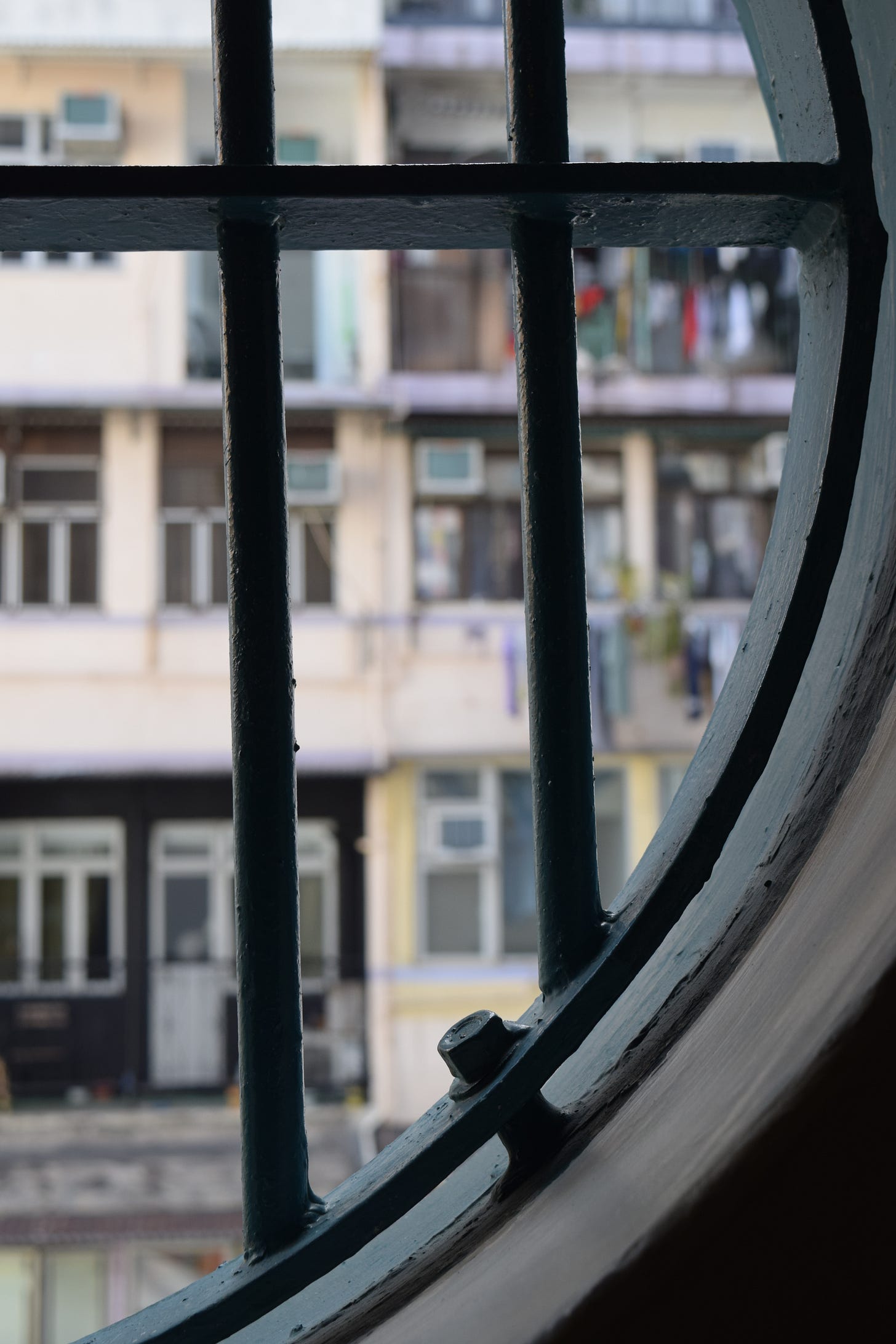Do we chase a life of certainty?
And more importantly, is this the life that we want?
I think one of the Greek philosophers once said that humans would rather avoid uncertainty than death.
Or perhaps it wasn’t so bad as “death”, but the gist was that humans would rather put themselves through any other pain than to face uncertainty.
I mean our entire society is kind of built around certainty, no?
Weather reports, train schedules, signatures, life jackets, Dale Carnegie’s How To Win Friends and Influence People, these are all to be certain.
To be certain is good.
To strive for certainty is correct.
Meanwhile, it is often the greatest uncertainties in life that shape us.
Falling in love, having a child, college entrance exams, moving to a new city, death.
And while these great uncertain changes can reap insurmountable revelations, the buildup and the anticipation can also be the most torturous experiences.
This idea of uncertainties has been simmering in the back of my head for the last few weeks.
And it’s been fascinating to see the fear of uncertainty subconsciously governing people’s careers, life decisions, and general philosophies on life.
Some are more comfortable with uncertainties, others not.
Some can handle uncertainty with stoic elegance, while others freeze up, unable to comprehend the unexpected turn of events.
Some will go great lengths to pursue certainty, even if it means putting things that give joy on the back burner.
But the bottom line is, as we hear in people’s stories and life experiences, all these “certainties” that people pursue are never 100%. They are never truly absolute.
Very rarely do we find a formulaic procedure of events that lead to an absolute outcome.
An afterschool program to “guarantee” your spot in college can always be influenced by the biases of an admission officer.
A post-internship return offer at an investment bank can be influenced by the decline of the economy.
A business can go bankrupt because of competition, the economy, user sentiment change, bad marketing… even if the projections were once so good.
The birth of a child can completely derail from how it was planned for a multitude of reasons, of which many we mere humans cannot explain.
You get the point.
Uncertainties trump life.
Then why do we still strive for it?
I recently listened to an incredible episode on Lenny’s Podcast featuring Mike Maples, co-founder of Floodgate. He made early bets on Twitter, Lyft, Twitch, Okta, Rappi and is one of the founding fathers of early-stage investing.
He started seed-stage investing before it even had a name, and has witnessed this huge evolution of VC investing in the last two decades.
So Lenny asks him; what’s the biggest mistake that you see early-stage investors make?
And he says,
The myth of the TAM.
TAM = total addressable market, and it’s often regarded as so important that it usually takes up an entire 1 page of a ten-page startup pitch deck.
But Mike says that this is a tragic misconception.
Because most of the greatest tech innovations of our time didn’t have a TAM at the time of its inception.
When Brian Chesky and Joe Gebbia first thought of Airbnb in 2007, no one in their right mind would have slept on the mattress of a stranger’s apartment.
When Travis Kalanick and Garrett Camp first came up with Uber back in 2009, ride-sharing was nothing more than carpooling in your mom’s car to go to school.
As there was no TAM for these businesses in the beginning, as these were paradigm-shifting products and services that humanity just didn’t have. And Mike goes on to say that these often end up becoming the greatest innovations.
But too often Mike sees VC obsessing over the TAM, its accuracy and size.
Now full disclosure, I have no experience in early-stage investing, but through Mike’s talk I think it’s safe to say that blindly avoiding uncertainties like our gut tells us to do can come with costs.
I’m not saying that the desire to want safety, security, and guaranteed outcomes is bad.
I’m just saying that our obsession with certainties comes with costs too.
Some costs
There is no absolute certainty so we’ll only be chasing the idea of it and be devastated when it doesn’t work out
Time spent chasing certainty is time spent away from understanding and becoming curious about the Ubers and Airbnbs uncertainties of the world.
There's no prescription on how we ought to feel about certainties and uncertainties.
But it’s helpful sometimes to be conscious of each decision we make and acknowledge just how much of it is driven by our desire or reluctance for each.
So what are you doing to feel even just an ounce bit more certain?
What do you do to avoid the uncertainties?
And is it valid? Will it actually prevent an uncertainty??
Test it out! You might be surprised☺️
Happy exploring🌟








Great article, Risa!
I recently read in a book about the designer Buckmister Fuller that he distinguished between land-based thinking, which strives for certainty, and ocean-based or fluid thinking, where everything is in a state of constant flux.
The fact that he was able to shift between the two led to some highly innovative designs such as the geodesic dome, which defied traditional architectural principles.
Perhaps this flexibility of mind and ability to translate insights from one state to another is even more valuable than an either/or approach?
Wow… As I make another lap around the sun, this article made me think. While I am adept at external uncertainty (a TCK skill), I find that internal uncertainty can be harder to deal with (ex: what do I want in a career, asking someone out), bc impacts from those decisions are longer term.
What do you think about the dichotomy between the two types of uncertainty?